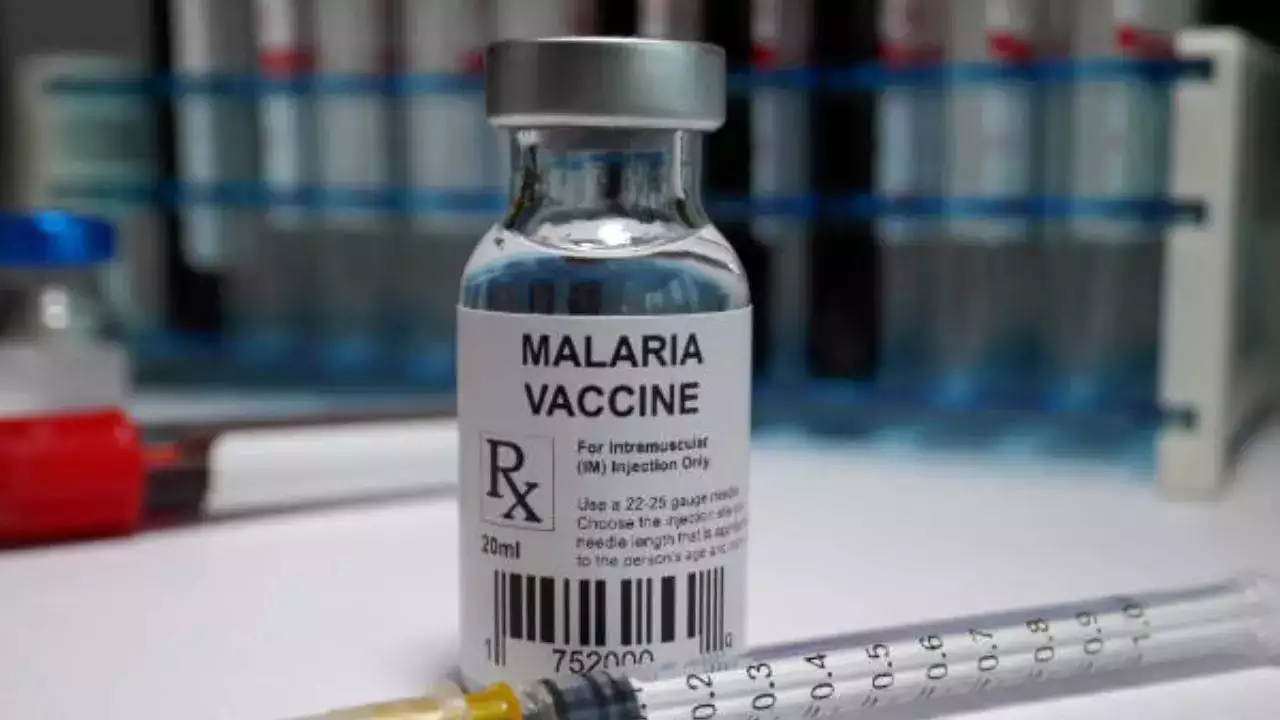
First-Ever Blood-Stage Vaccine For Malaria Shows Promising Results In Phase IIb Trial (Image Credits: iStock)
The RH5.1/Matrix-M blood-stage malaria vaccine is poised to become a vital secondary line of defence for populations at high risk of malaria infection, particularly in areas where pre-erythrocytic vaccines are already in use. This new vaccine could significantly bolster the global fight against malaria, according to Stephanie Kurdach, an infectious disease analyst at GlobalData.
Commenting on the findings of a recent Phase IIb trial, Kurdach stated, “RH5.1/Matrix-M has the potential to be the first blood-stage malaria vaccine brought to market. This could be a much-needed addition to the currently available malaria vaccines and provide an important second line of defence for those most at risk of contracting malaria.”
The trial’s results, published in The Lancet Infectious Diseases, revealed that RH5.1/Matrix-M is safe, highly immunogenic, and effective in combating malaria. Conducted as a double-blind, randomised, controlled Phase IIb study, it involved 361 children aged 5 to 17 months across Burkina Faso and the UK.
This vaccine targets the blood stage of malaria infection, which occurs after the parasite has infected the liver and starts attacking red blood cells, causing clinical symptoms. By complementing pre-erythrocytic vaccines like GSK’s Mosquirix (recommended since 2021) and the Serum Institute of India’s R21/Matrix-M (recommended since 2023), RH5.1/Matrix-M could become a cornerstone in malaria prevention strategies. Both Mosquirix and R21/Matrix-M target the parasite at the sporozoite stage, preventing it from reaching the liver. However, immunity from these vaccines wanes over time, leaving the door open for the parasite to progress to the blood stage.
In the Phase IIb trial, RH5.1/Matrix-M showed a 55 per cent efficacy against clinical malaria when administered in a delayed third-dose regimen. It demonstrated 80 per cent efficacy in reducing high levels of malaria parasites in the bloodstream.
Kurdach placed the vaccine within the broader context of ongoing malaria vaccine development: “According to GlobalData, there are 11 other malaria vaccines currently in Phase II development, including pre-erythrocytic and blood-stage vaccines from manufacturers such as BioNTech, GSK, the National Institute of Allergy and Infectious Diseases, and Vac4All SAS. Currently, no malaria vaccines are in Phase III development or pre-registration.”
The urgency for such vaccines is underscored by the World Health Organization (WHO), which reported approximately 263 million malaria cases and 597,000 deaths globally in 2023. Most cases (94 per cent) and deaths (95 per cent) occurred in Africa, with children under five accounting for 76 per cent of all malaria-related deaths.
Symptoms of Malaria
Malaria manifests through a range of symptoms, including:
- High fever, often accompanied by chills and sweating.
- Headaches and muscle aches.
- Nausea, vomiting, and diarrhoea.
- Fatigue and general weakness.
- Rapid breathing and heart rate.
- Jaundice or pale skin, resulting from anemia caused by the destruction of red blood cells.
Severe cases of malaria may lead to complications such as cerebral malaria, organ failure, or death. The advent of effective vaccines like RH5.1/Matrix-M could provide a much-needed lifeline for vulnerable populations, particularly young children in malaria-endemic regions.
Get Latest News Live on Times Now along with Breaking News and Top Headlines from Health and around the world.
